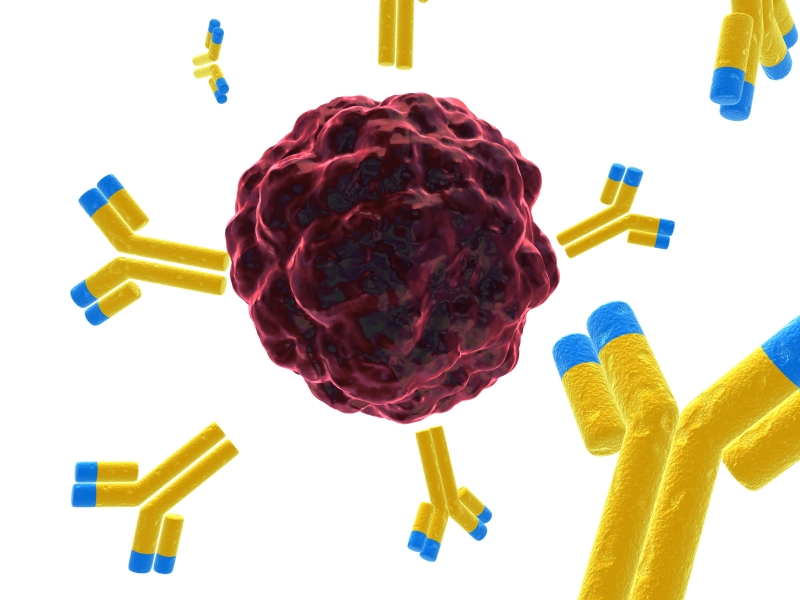|
Meshima (Phellinus linteus) is a basidiomycete fungus distributed across Japan, Korea and China. It is known as Sang Hwang in China and Korea; and Meshima in Japan. It grows naturally on the trunks of willow, paper mulberry trees. Uniquely among the medicinal mushrooms, the Chinese Pharmacopoeia describes the energy of Phellinus linteus as cold, and ascribes to it an extensive range of indications, including critical diseases, chronic illness and various viral infection. It is known as the most effective and of highest therapeutic values among all medicinal mushrooms. |
.png) |
Meshima is proven to be effective on a diversity of diseases, including: 1-16
- Strong anti-abnormal cells activities:
- Enhance Immunity
- Inhibit angiogensis of abnormal cells
- Induce death of abnormal cells (apoptosis)
- Inhibit migration of abnormal cells
- Synergise with chemotherpeutic drugs and reduce their side effects
- Anti-inflammation, anti-oxidation
- Enhance detoxification and protect the liver
- Combat allergy
- Maintain cardiovascular health
The major active ingredients of Meshima are:
- Polysaccharide (1-3)-beta glucan: The concentration of (1-3)-beta glucan is twice than that of Agaricus Blazei Murill; it stimulates immune cells11,12,16 like Natural Killer cells, macrophages, dendritic cells and leukocytes. It prevents and inhibits the growth of abnormal cells, at the same time relieving the side effects of anti-cancer chemo drugs.
- Triterpenoids: Enhance detoxification in liver and act against viral infection2,5. It also helps lowering circulatory pressure by inhibiting the activity of the enzyme ACE2.
- Ergosterol: It is a precursor of vitaman D. Vitamin D helps absorption of calcium which in turn can prevent the development of osteoporosis.
Meshima —The precious mushroom
Phellinus linteus was discovered a thousand years ago in China. In 1968 it was taken for clinical studies by Japanese National Cancer Center Research Institute, the results amazed the scientists that Meshima had the highest anti-abnormal cells rate at 96.7% among all tested mushrooms. This discovery caused the boom of Meshima research and development in Japan and South Korea. In 1997, the Korean government officially recognized it as a treatment against critical diseases.
Meshima grows on mulberry trees that have potential lifetimes of more than 100 years. Perfect growth conditions for a minimum of 30 – 40 years is essential for the fruit body to gain its valuable medicinal applications. This is why natural Meshima is exceedingly rare.
Meshima as an immunotherapy for critical diseases
|
Generally there are three methods in treating cancer: surgical therapy, radiation therapy and chemotherapy (anticancer drugs). These 3 types of therapies, in addition to dealing with cancer cells, may destroy normal cells as well, resulting in declined immune system of cancer patients and bring serious side effects. Immunotherapy has risen recently as the fourth choice of cancer therapy (or as complementary therapy) through enhance one's body own immune system to fight tumor cells.
|
 |
References
- Ikekawa et al. Jpn J Cancer Res. 1968;59:155-157
- A medicinal mushroom: Phellinus linteus. Zhu T, Kim S.H, Chen C.Y. Curr Med Chem. 2008;15(13):1330-5.
- Shibata Y, Kurita S, Okugi H, Yamanaka H. Urol Int. 2004;73(2):188-90.
- Spontaneous regression of a large hepatocellular carcinoma with skull metastasis. Nam S.W, Han J.Y, Kim J.I, Park S.H, Cho S.H, Han N.I, Yang J.M, Kim J.K, Choi S.W, Lee Y.S, Chung K.W, Sun H.S. J Gastroenterol Hepatol. 2005;20(3):488-92.
- A case of spontaneous regression of hepatocellular carcinoma with multiple lung metastases. Kojima H, Tanigawa N, Kariya S, Komemushi A, Shomura Y, Sawada S, Arai E, Yokota Y. Radiat Med. 2006;24(2):139-42.
- Guo J, Zhu T, Collins L, Xiao Z.X, Kim S.H, Chen C.Y. Mol Carcinog. 2007;46(2):144-54.
- Phellinus linteus sensitises apoptosis induced by doxorubicin in prostate cancer. Collins L, Zhu T, Guo J, Xiao Z.J, Chen C.Y. Br J Cancer. 2006;95(3):282-8.
- Zhu T, Guo J, Collins L, Kelly J, Xiao Z.J, Kim S.H, Chen C.Y. Br J Cancer. 2007;96(4):583-90.
- Sliva D, Jedinak A, Kawasaki J, Harvey K, Slivova V. Br J Cancer. 2008;98(8):1348-56.
- Effect of various natural products on growth of bladder cancer cells: two promising mushroom extracts. Konno S, Alt Med Rev. 2007;12(1):63-68.
- Han S.B, Lee C.W, Kang J.S, Yoon Y.D, Lee K.H, Lee K, Park S.K, Kim H.M. Int Immunopharmacol. 2006;6(4):697-702.
- Han B, Lee C.W, Jeon Y.J, Hong N.D, Yoo I.D, Yang K.H, Kim H.M. Immunopharmacology. 1999;41:157-164.
- Oral administration of proteoglycan isolated from Phellinus linteus in the prevention and treatment of collagen-induced arthritis in mice. Kim G.Y, Kim S.H, Hwang S.Y, Kim H.Y, Park Y.M, Park S.K, Lee M.K, Lee S.H, Lee T.H, Lee J.D. Biol Pharm Bull. 2003;26(6):823-31.
- Antiarthritic activity of a Polysaccharide-protein complex isolated from Phellinus rimosus (Berk.) Pilát (Aphyllophoromycetideae) in Freund's complete adjuvant−induced arthritic rats. Meera C.R, Smina T.P, Nitha B, Mathew J, Janardhanan K.K. Int J Med Mushr. 2009;11(1):21-28.
- Alleviation of experimental septic shock in mice by acidic polysaccharide isolated from the medicinal mushroom Phellinus linteus. Kim G.Y, Roh S.I, Park S.K, Ahn S.C, Oh Y.H, Lee J.D, Park Y.M. Biol Pharm Bull. 2003;26(10):1418-23.
- Stimulation of humoral and cell mediated immunity by polysaccharide from mushroom Phellinus linteus. Kim H.M, Han S.B, Oh G.T, Kim Y.H, Hong D.H, Hong N.D, Yoo I.D. Int J Immunopharmac. 1996;18(5):295-303

